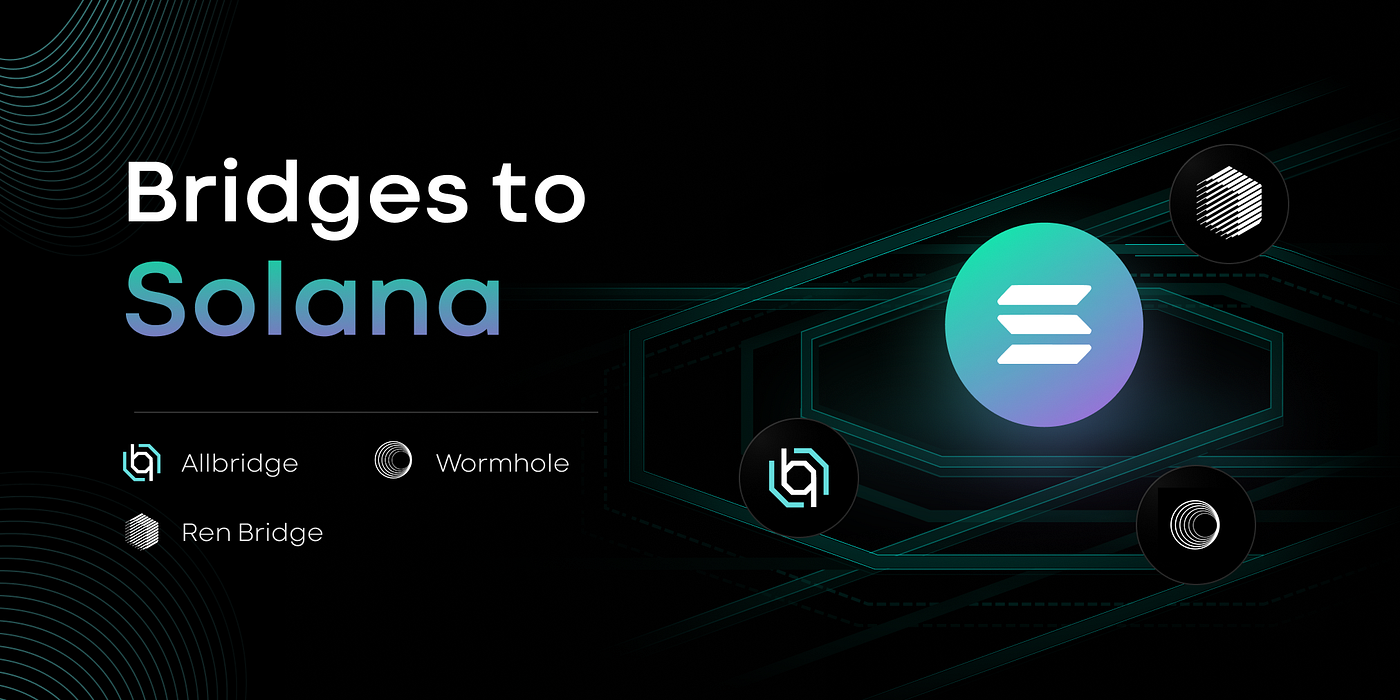How to get started with Solana blockchain?

What is Solana?
Website: https://solana.com/
Docs: https://docs.solana.com/
Block explorer: https://explorer.solana.com/
Coin: SOL
Consensus: PoS
Average Network Transaction Fee: $0.00025
Solana is a blockchain platform designed to host decentralized, scalable applications. Solana is much faster in terms of the number of transactions it can process and has significantly lower transaction fees compared to rival blockchains like Ethereum.
Which CEXes support Solana?
You can get SOL coin and send it to Solana wallets to use as gas on the following Crypto Exchanges:
Solana wallets
🖥 Phantom
Phantom is a friendly non-custodial, browser extension, Solana wallet that makes it safe & easy for you to store, send, receive, collect, and swap tokens. Available for Chrome, Brave, Firefox, Vivaldi, and Edge.
How to start with Phantom wallet: https://phantom.app/help/getting-started
🖥 📲 Solflare
Solflare is a non-custodial web wallet created by the Solrise Finance team that was built specifically for Solana.
How to start with Solflare wallet: https://docs.solana.com/wallet-guide/solflare
More information about other wallets: https://docs.solana.com/wallet-guide/web-wallets
Solana Bridges
There are three bridges you can use to transfer tokens to/from Solana.
Bridges features

Types of token transfer

Allbridge
📖 Docs: https://docs.allbridge.io/
Watch for updates: https://twitter.com/Allbridge_io
How does it work?
4 entities in the cross-chain token transfer process
- User — EOA (Externally Owned Account) / Wallet from which the token X is transferred from one chain to another.
- Blockchain A smart contract — a smart contract on the Source blockchain which receives transfer requests from the User.
- Blockchain B smart contract — a smart contract on the Destination blockchain, which accepts the input from the User.
- Validator — a server that is responsible for verifying Lock, Unlock, Mint, and Burn transactions on the bridge smart contracts.
Example. Send Native tokens from Blockchain A and receive Wrapped (or minted) tokens on Blockchain B
The user needs to Complete 2 transactions: Send transaction on the Source blockchain and Receive transaction on the Destination blockchain.
- With the Send transaction, the User sends a request to the Blockchain A smart contract, where specifies the address of the wallet on the Blockchain B and the X tokens that must be sent to Blockchain B.
- Blockchain A smart contract locks the received tokens from the User and creates a request log.
- With the Receive transaction, the User asks Validator to check the request log.
- Validator checks if funds were actually locked in the Blockchain A smart contract.
- If they were, the Validator sends its signature to the User.
- If they were not, the Validator replies with the message “Transaction is not found”.
- User sends the signature to the Blockchain B smart contract.
- Blockchain B smart contract mints the requested amount of wX tokens and sends them to the User right away.
Read about 3 more transfer types здесь.
How to bridge to Solana with Allbridge?
📌 Following our step-by-step guide from this link: https://docs.allbridge.io/guides/how-to-transfer-usdt
Wormhole
📖 Docs: https://docs.wormholenetwork.com/wormhole/faqs
Watch for updates: https://twitter.com/wormholecrypto
How does it work?
Wormhole works by monitoring a set of chains for messages emitted by smart contracts on those chains. The resulting messages are then routed to target chains, allowing a form of cross-chain message passing.
This single primitive is enough to enable cross-chain communication protocols such as token and NFT bridges, cross-chain oracles, and all kinds of other messaging applications no one has even thought of yet.
Currently, Wormhole is secured by a guardian set of 19 nodes consisting of professional validators in the space. A list of the current set can be seen здесь.
The Wormhole bridge doesn’t “convert” or “swap“ assets: when you bridge tokens through Wormhole, the origin token gets locked in a smart contract, and a new wormhole wrapped token gets minted on the target chain. You can swap those for other (native) tokens on the target chain.
How to bridge to Solana with Wormhole?
📌 Following step-by-step guide from this link: https://docs.wormholenetwork.com/wormhole/tutorial-how-to-send-usdc-from-ethereum-to-solana
RenBridge
📖 Docs: https://docs.renproject.io/darknodes/faq/renbridge-faq
Watch for updates: https://twitter.com/renprotocol
How does it work?
Darknodes
RenVM is powered by thousands of independently operated machines, known as Darknodes, which require bonds of 100K REN tokens to run. The bond of every Darknode represents a commitment to good behavior and can be slashed if 1) the Darknode behaves maliciously or 2) if it is responsible for the loss of assets (and the slashed bonds can then be used to restore the lost assets).
Shards
Darknodes are periodically shuffled into random non-overlapping groups, known as shards. Each shard uses the RZL MPC algorithm to generate a secret ECDSA private key, unknown to everyone, including the Darknodes in the shard. This secret ECDSA private key cannot be revealed and cannot be used to sign transactions, without the cooperation of 1/3rd+ of the Darknodes. This enables each shard to securely lock assets into its custody.
Shards are large, containing at least one hundred Darknodes, and they are randomly shuffled once per day. This makes Sybil attacks difficult, as an attacker needs to own a large portion of the entire network to have a chance at corrupting any one shard. This also makes bribery attacks extremely difficult, requiring an attacker to collude with a large number of anonymous Darknodes in a short period of time, with minimal trust.
How to bridge to Solana with RenBridge?
📌 Following step-by-step guide from this link: https://www.youtube.com/watch?v=DcCoxV8ZLL8&t=141s
Which bridge to choose?
When choosing a bridge consider the following:
- The chain you want to bridge from. Is it present on the bridge?
- The asset that you will receive after bridging: native or wrapped. If wrapped, where can you swap it to a native one?
- The fee, that you will pay for the transfer. Is it rational for the amount that you send?
- The time that transfer can take. Is it fast enough to take the opportunity that you were going to take before the bridging?
- The transfer limit. Is it enough to bridge the number of assets you need to?
Source:
https://allbridge.medium.com/how-to-get-started-with-solana-blockchain-327087e527b2
Дом


